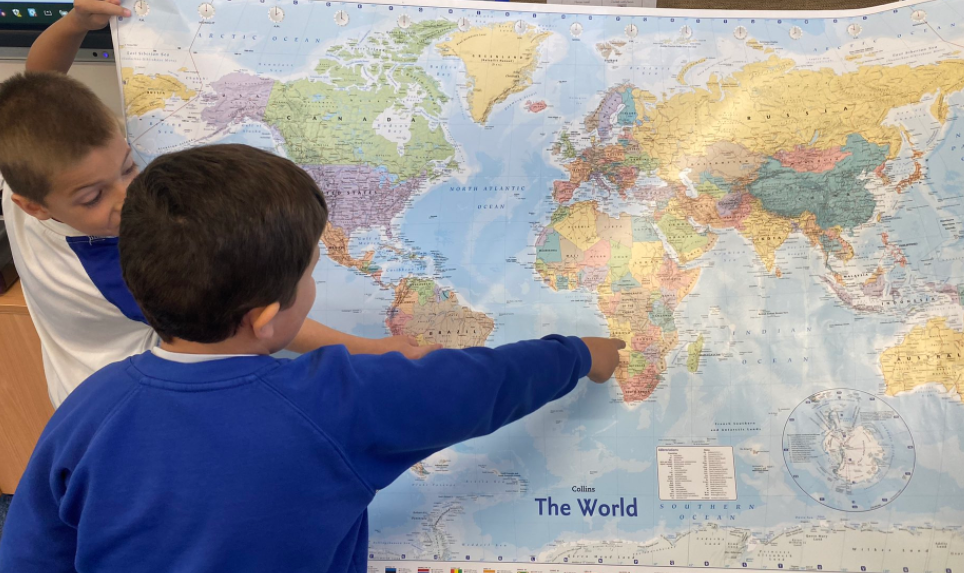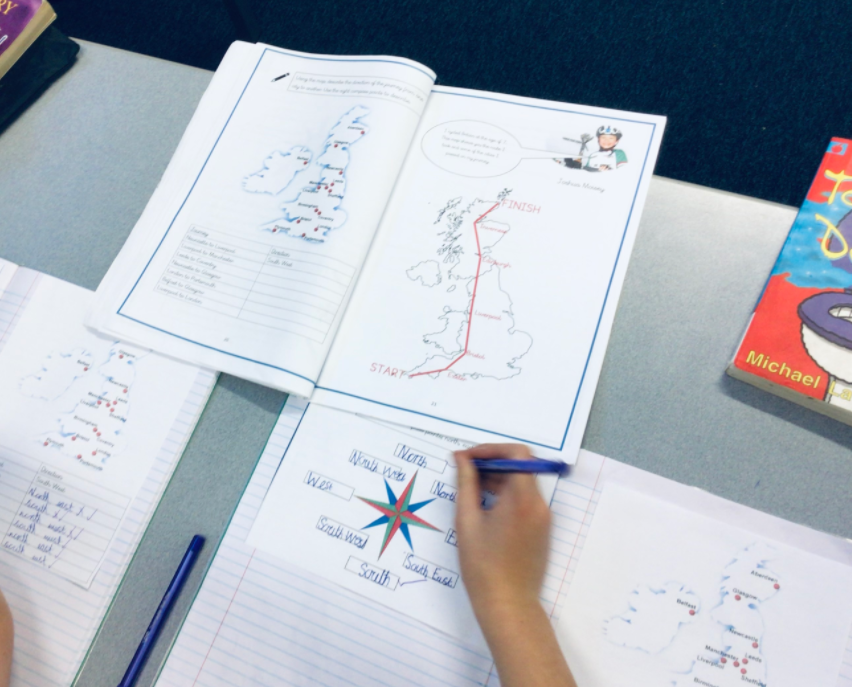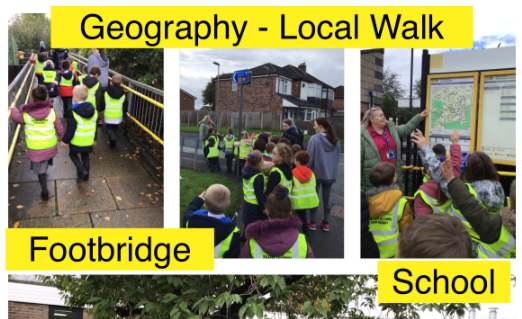- School Info
- Parents
- Admissions
- Attendance
- Frequently Asked Questions
- Newsletters
- Letters Home
- Lunch Menu
- Online Advice
- Parent View
- Remote Learning
- Safeguarding
- School Uniform
- SEND
- The School Day
- Coronavirus Updates and Advice
- Term Dates and School Calendar
- Breakfast and After School Club Provision- Butterflies
- Parent Advice
- Curriculum
- Early Years
- Pupils
- Wellbeing
- Calendar
- News
- Contact
- Statutory Policies
- Job Vacancies
- Train to teach
- Home
- Curriculum
- Geography
Geography
The person responsible for developing Geography at our school is Mr L. Wong.
Our geography curriculum is designed to ignite children with a curiosity and fascination about the world and the people that inhabit it. It is intended to open children’s eyes to the wider world and a variety of cultures and diversities. Our bespoke knowledge-rich curriculum has been created by our geography lead and is in line with the national curriculum. The curriculum is designed to suit the needs of our children and context of our school. It ensures that progression is evident across phases making sure links are made between physical and human geography and knowledge and vocabulary is progressive. Our knowledge-rich curriculum supports retention of knowledge resulting in the achievement of academic excellence. We understand that children will have limited experiences and understanding of the wider world and therefore, our geography curriculum is designed to develop children’s social and moral intelligence.
Our learner’s geographical learning experiences begin in KS1 within the immediate surroundings of the school grounds, this then moves on to Whiston, the United Kingdom, Europe and builds out to the wider world, with studies on Brazil and United States of America.
Their understanding of how their local area fits into the wider world is therefore gradually obtained.
Understanding of physical geography begins with study around coasts and seas in KS1, to mountains and rivers in LKS2 and earthquakes and volcanoes in UKS2. More in-depth studies allow children to develop their understanding of the interactions between physical and human geography, with units on the Brazilian Rainforest in LKS2 and on the USA in UKS2.
Geography learning will be planned across phases. This is to ensure that progression across the curriculum is clear, building on prior knowledge, and that full coverage of NC expectations for each phase are mapped out.
Progression in fieldwork skills is built across units, with the local area unit in KS1 and UKS2 offering rich opportunities for mapping, technical drawing and exploring their environment in a concrete physical way.
Key technical and tier 2 vocabulary is progressively mapped within each unit, allowing children to build a rich bank of geographical language.
We teach geography using our own bespoke geography curriculum. Each unit is supported by a knowledge organiser, detailing the key facts, vocabulary and skills for each unit and a children's work book, running alongside a teacher guide.
Due to our school numbers and having some mixed-age classes, in Year 5 and 6 we run on a two year cycle to enable coverage and progression.
PROGRESSION OF KNOWLEDGE AND SKILLS
PROGRESSION OF VOCABULARY IN GEOGRAPHY
Geography Documents
EXAMPLE UNIT - KS1 OUR LOCAL AREA
Click here to explore some of the fantastic geography work throughout school.





